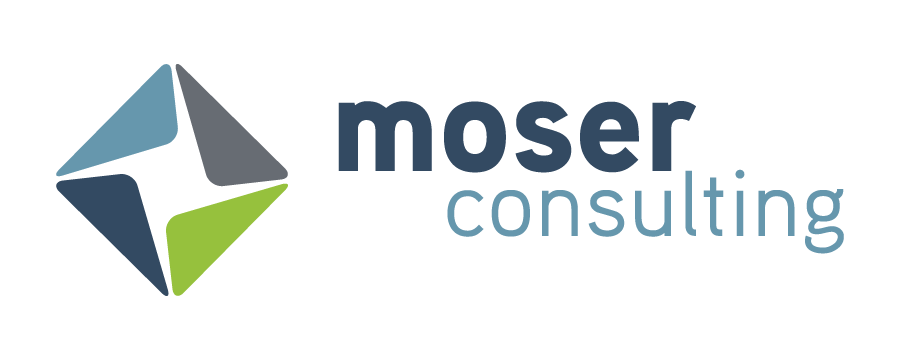Emotional Self-Control
“Emotional self-control: Delaying gratification and stifling impulsiveness underlies accomplishment of every sort.”
― Daniel Goleman, Emotional Intelligence: Why It Can Matter More Than IQ
We see it happening all the time. People losing their “cool”. You don’t have to look much further than the local news. Road rage, fist-fights on airplanes, or unhappy customers demanding to speak to the manager. At our last team meeting, we were talking about our pet-peeves and just thinking about mine started to make my blood pressure rise. We’ve all typed out that angry email. Some of us may have even hit “send” and had to apologize later. While anger is the big emotion that comes to mind, all emotions can rise to the surface at unexpected times. That sadness or disappointment you kept shoving back down because you weren’t ready to tackle it? Surprise! It showed up in the form of uncontrollable tears out of nowhere leaving your coworker wondering why their simple question brought such a reaction. But emotions are just human nature, right? The fact is, we all have emotions and it’s completely normal to express them. No matter if we feel them in a big or a small way, we have a choice on how we choose to react to them. That’s where emotional intelligence (EQ) enters the stage.
EQ, simply defined, is the ability to recognize, manage, and apply the power of our emotions. In our EQ workshop at Moser Learning: Being Your Best, we use TTI’s Emotional Quotient assessment which divides EQ into five categories: self-awareness, self- regulation, social awareness, social regulation, and motivation. These measure our ability to recognize how our emotions impact our own moods, clarity, and how our emotions impact others. It also measures our internal drive to reach our goals. The good news is, EQ is like a muscle, and we can work to grow it! When we are aware of our challenges, we can learn how to become stronger in those areas.
Think of EQ as an umbrella over all other areas of learning. Great communication skills or good conflict management skills aren’t going to get you very far if you don’t have high EQ. Everyone, in any field, and at every job level, can benefit from EQ training. From an entry level customer service position, to a first responder, an airline pilot, an IT consultant, medical doctor, or a CEO, needs to have high EQ to be successful.



